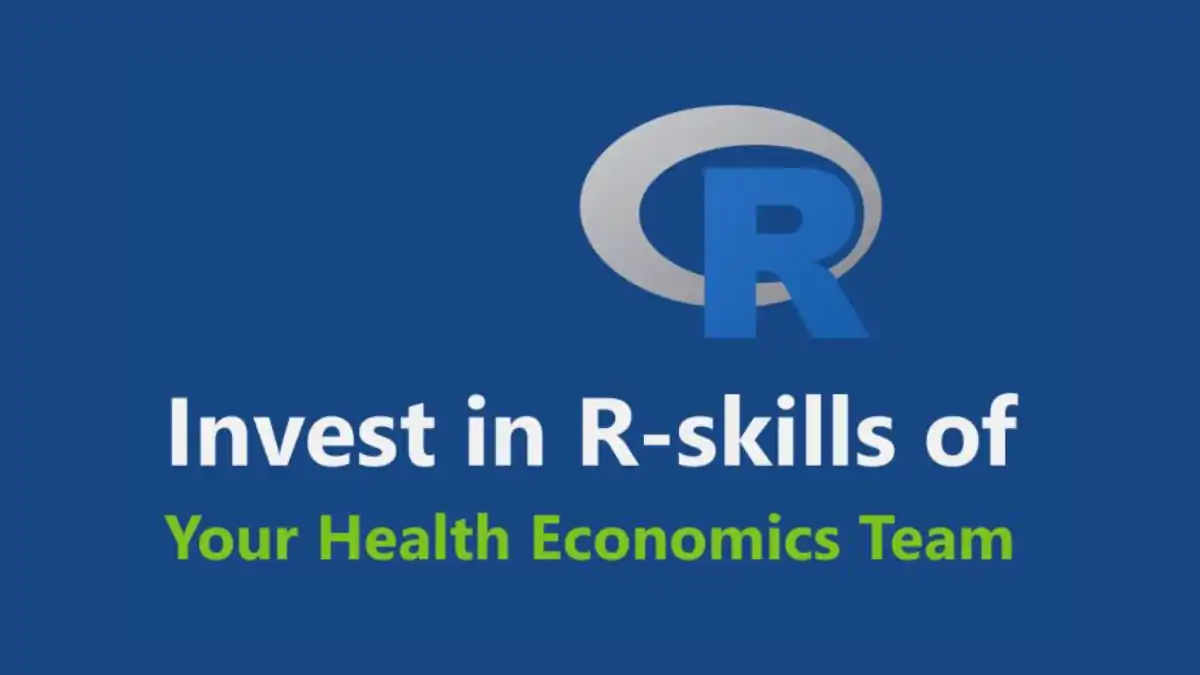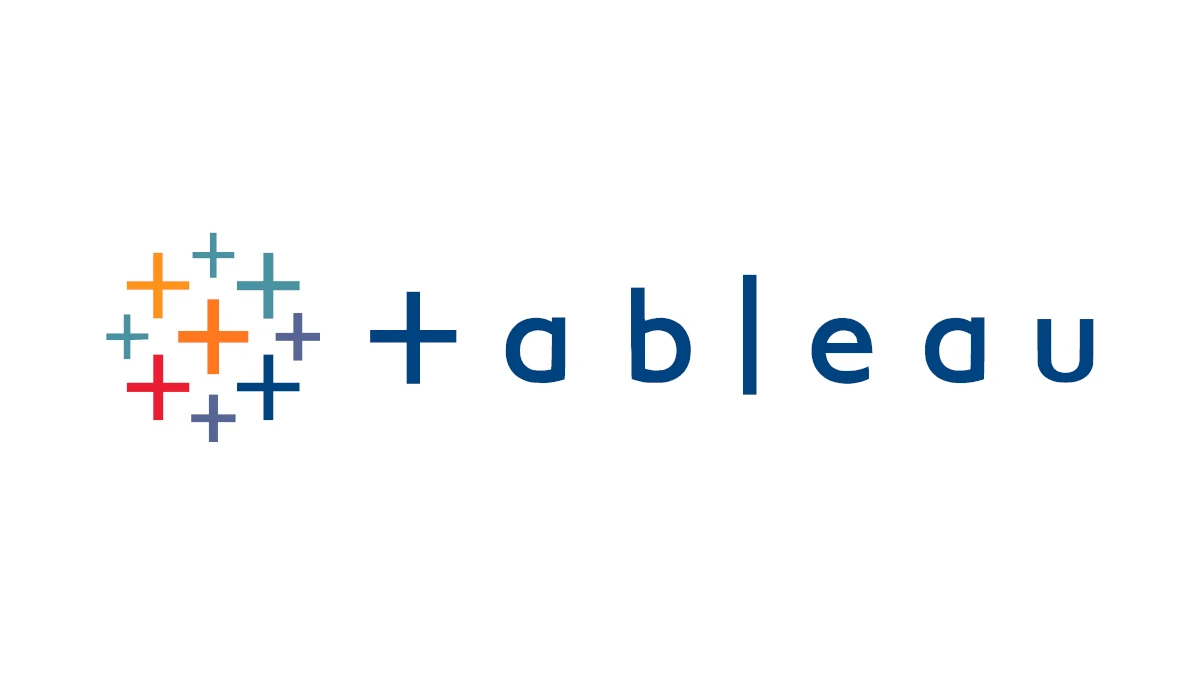Python has swiftly become an important skill for health economists, alongside Excel VBA and R. After analysing 100 job postings on EuropeanHealthEconomics.com, it’s clear that Python is more than a buzzword—it’s an essential tool for becoming a standout candidate in the competitive job market. Let’s explore why Python is in demand for health economists and how you can master it to advance your career.
The Rise of Python in Health Economics
Employers are increasingly listing Python as a required skill for health economics roles. Among job ads specifying software expertise, 21% highlighted Python, particularly for positions in data analytics, economic modelling, and real-world evidence studies.
Python’s growing relevance spans all career levels, from analyst to director roles. It’s not just about meeting job requirements—it’s about being able to use Python in health economics projects, like streamlining data analysis or automating the generation of real-world evidence.
What Makes Python So Valuable Skill for Health Economists?
Python stands out for its flexibility, usability, and power. Its broad library of tools makes it ideal for health economists working on:
- Data Analytics: Python’s libraries like pandas and NumPy enable efficient data manipulation and analysis, crucial for exploring healthcare datasets and identifying trends.
- Economic Modelling: With libraries like SciPy and statsmodels, Python supports creating advanced cost-effectiveness models and budget impact analyses.
- Real-World Evidence (RWE) Studies: Python excels in handling real-world healthcare data, integrating diverse datasets, and extracting actionable insights.
- Visualisations: Clear and insightful graphs can be created using Python’s robust visualisation libraries, such as Matplotlib and Seaborn.
- Automation: Repetitive tasks, like data cleaning and reporting, can be streamlined with Python, saving time and reducing the risk of errors.
Its compatibility with other software, such as R or Excel, and its ability to integrate into larger workflows further enhance its appeal.
Should You Learn Python?
If you haven’t explored Python yet, now is the time. While it may seem challenging at first, the benefits far outweigh the effort. Employers increasingly view Python proficiency as a marker of a versatile and analytically skilled health economist. Moreover, learning Python demonstrates your ability to adapt to new technologies—a key asset in a competitive job market. See the most popular Python courses.
How to Get Started with Python
Starting from scratch can feel overwhelming, but there are plenty of resources to guide you. Consider these steps:
- Begin with the Basics: Use beginner-friendly tutorials to grasp Python fundamentals. Websites like Udemy offers step-by-step instructions tailored for new programmers.
- Focus on Applications: Practice with projects relevant to health economics, such as analysing healthcare cost data or automating report generation.
- Advance Strategically: As you gain confidence, explore advanced topics like machine learning and database management, which are becoming increasingly relevant in health economics.
- Earn a Certification: Many online courses offer certifications that can make your CV stand out. As a candidate, it is more convincing to have a Python certificate than to simply mention Python skills on your CV.
Boost Your Career with a Python Certification
Certifications in Python can help you stand out. Whether applying for a mid-level analyst position or a senior consultancy role, a Python certificate signals to employers that you’re equipped to tackle technical challenges effectively. It adds credibility to your CV and provides tangible evidence of your expertise.
Learning Python is a Strategic Move for Your Career
Python could be your key to standing out in a crowded field. While some health economists are still debating whether to learn Python, you can start learning Python today and can give yourself a significant advantage.
By mastering Python, you can position yourself as a specialist capable of applying advanced techniques for more accurate and efficient health economics analyses. Take the first step now and open the opportunities Python can bring to your career in health economics.








